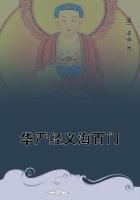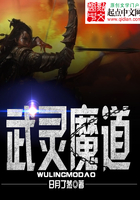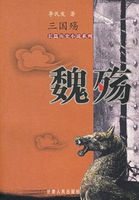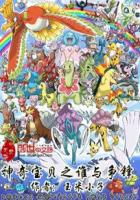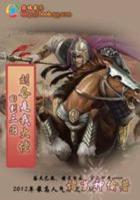Society made the same sort of advance, in the gloomy epoch we are reviewing, that the slaves in our Southern States made from the time they were imported from Africa, with their degrading fetichism and unexampled ignorance, to the time of their emancipation. How marked the progress of the Southern slaves during the two hundred years of their bondage! No degraded race ever made so marked a progress as they did in the same period, even under all the withering influences of slavery. Probably their moral and spiritual progress was greater than it will be in the next two hundred years, exposed to all the dangers of modern materialism, which saps the life of nations in the midst of the most brilliant triumphs of art. We are now on the road to a marvellous intellectual enlightenment, unprecedented and full of encouragement. But with this we face dangers also, such as undermined the old Roman world and all the ancient civilizations.
If I could fix my eye on a single State or Nation in the whole history of our humanity that has escaped these dangers, that has not retrograded in those virtues on which the strength of man is based, after a certain point has been reached in civilization, Iwould not hazard this remark. Society escaped these evils in that agricultural period which saw the rise and fall of Feudalism, and made a slow but notable advance. That is a fact which cannot be gainsaid, and this is impressive. It shows that society, in a moral point of view, thrives better under hard restraints than when exposed to the dangers of an irreligious, material civilization.
Nor is Feudalism to be condemned as being altogether dark and uninteresting. It had redeeming features in the life of the baronial family. Under its influence arose the institution of chivalry; and though the virtues of chivalry may be poetic, and exaggerated, there can be no doubt that it was a civilizing institution, and partially redeemed the Middle Ages. It gave rise to beautiful sentiments; it blazed in new virtues, rarely seen in the old civilizations. They were peculiar to the age and to Europe, were fostered by the Church, and took a coloring from Christianity itself. Chivalry bound together the martial barons of Europe by the ties of a fraternity of knights. Those armed and mailed warriors fought on horseback, and chivalry takes its name from the French cheval, meaning a horse. The knights learned gradually to treat each other with peculiar courtesy. They became generous in battle or in misfortune, for they all alike belonged to the noble class, and felt a common bond in the pride of birth. It was not the memory of illustrious ancestors which created this aristocratic distinction, as among Roman patricians, but the fact that the knights were a superior order. Yet among themselves distinctions vanished. There was no higher distinction than that of a gentleman. The poorest knight was welcome at any castle or at any festivity, at the tournament or in the chase. Generally, gallantry and unblemished reputation were the conditions of social rank among the knights themselves. They were expected to excel in courage, in courtesy, in generosity, in truthfulness, in loyalty.
The great patrimony of the knight was his horse, his armor, and his valor. He was bound to succor the defenceless. He was required to abstain from all mean pursuits. If his trade were war, he would divest war of its cruelties. His word was seldom broken, and his promises were held sacred. If pride of rank was generated in this fraternity of gentlemen, so also was scorn of lies and baseness.
If there was no brotherhood of man, there was the brotherhood of equals. The most beautiful friendships arose from common dangers and common duties. A stranger knight was treated with the greatest kindness and hospitality. If chivalry condemned anything, it was selfishness and treachery and hypocrisy. All the old romances and chronicles record the frankness and magnanimity of knights. More was thought of moral than of intellectual excellence. Nobody was ashamed to be thought religious. The mailed warrior said his orisons every day and never neglected Mass. Even in war, prisoners were released on their parole of honor, and their ransom was rarely exorbitant. The institution tended to soften manners as well as to develop the virtues of the heart. Under its influence the rude baron was transformed into a courteous gentleman.


